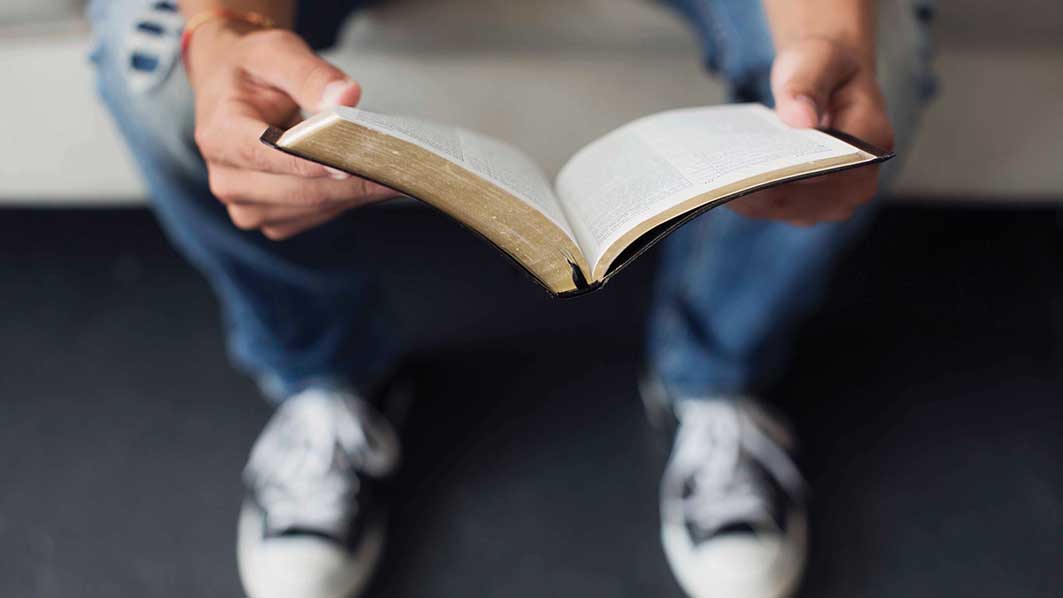The Founding Fathers counted on the active engagement of Christians in the country they were forming — because they understood that morals and religion were necessary for the new form of government they were establishing.
America’s Founders would have no argument with that.
In fact, they were counting on Christian citizens as the backbone of the republic.
“There was a consensus among the Founders that religion was indispensable to a system of republican self-government,” says Daniel Dreisbach, professor of law, justice and American society at American University. In order to have self-government, “the Founders looked to religion (and morality informed by religious faith) to provide the internal moral compass that would prompt citizens to behave in a disciplined manner and thereby promote social order and political stability.”Dreisbach, Daniel L., “Origins and Dangers of the ‘Wall of Separation’ Between Church and State,” Imprimis (a publication of Hillsdale College), October 2006.
The Founders themselves said this often, in their own inimitable words:
-
“Our constitution was made only for a moral and religious people. It is wholly inadequate for the government of any other.” ~ John Adams’ message to the Officers of the First Brigade of the Third Division of the Militia of Massachusetts, Oct. 11, 1798
-
“Religion and virtue are the only foundations, not only of republicanism and all free government, but of social felicity under all governments and in all the combinations of human society.” ~ John Adams’s letter to Dr. Benjamin Rush, Aug. 28, 1811
-
“Of all the dispositions and habits which lead to a political prosperity, religion and morality are indispensable supports. In vain would that man claim that tribute of patriotism, who should labor to subvert these great pillars of human happiness.” ~ George Washington’s Farewell Address, Sept. 19, 1796
-
“We ought to be no less persuaded that the propitious smiles of heaven can never be expected on a nation that disregards the eternal rules of order and right which heaven itself has ordained.” ~ George Washington’s Farewell Address, Sept. 19, 1796Washington, George, First Inaugural Address, April 30, 1789.
-
“Whatever makes men good Christians, makes them good citizens.” ~ Daniel Webster’s speech at Plymouth, Mass., Dec. 22, 1820
There’s a myth in some circles that the Founders weren’t primarily Christians but Deists — believers in a God who wound up the universe like a watch, then left it to run on its own. But while that describes a handful of them, it doesn’t fit the vast majority.
Of the 55 Framers of the Constitution, “with no more than five exceptions, they were orthodox members of one of the established congregations,” wrote the late University of Dallas historian M.E. Bradford.Bradford, M.E., Founding Fathers: Brief Lives of the Framers of the United States Constitution (University of Kansas Press, 1994), p. xvi. “References made by the Framers to Jesus Christ as Redeemer and Son of God … are commonplace in their private papers, correspondence and public remarks — and in the early records of their lives.”Bradford, M.E., Original Intentions: On the Making and Ratification of the United States Constitution (The University of Georgia Press, 1993), p. 89.
And they did a lot more than talk about their faith.
“The variety of surviving Christian witness in the papers and sayings of the Framers is indeed astonishing. Elias Boudinot of New Jersey was heavily involved in Christian missions and was the founder of the American Bible Society. Roger Sherman … was a ruling elder of his church. Richard Bassett rode joyfully with his former slaves to share in the enthusiasm of their singing on the way to Methodist camp meetings…. John Dickinson of Delaware wrote persuasive letters to youthful friends conserving the authority of Scripture and the soundness of Christian evidences. … both James Madison and Alexander Hamilton regularly led their households in the observance of family prayers.”Bradford, Original Intentions, p. 91.
We still have so much to learn from our forefathers and their thriving faith and values!
Next In This Series: Public Policy Expert on Religious Freedom






